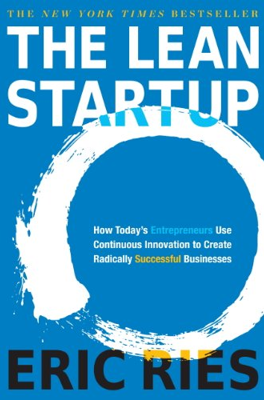Summary
Eric Ries presents a systematic, scientific approach for creating and managing successful startups in an age of uncertainty with his book: The Lean Startup. His methodology draws from lean manufacturing practices which are famed for efficiency and innovation.
At the heart of the technique is the Build-Measure-Learn feedback loop. This means that companies should build their products incrementally to speed up learning and reduce waste. Entrepreneurs build a Minimum Viable Product (MVP) to start the process of learning as quickly as possible. The MVP, despite being a minimal version of the product, helps validate or invalidate the startup’s hypotheses about customer needs.
Validated learning stands central to the Lean Startup philosophy. It's a way to measure progress in concrete terms without resorting to vanity metrics like "eyeballs" or "user engagement" without financial return. This approach involves rigorous data analysis that can show whether actual progress is being made towards generating value.
A critical part of Ries' argument is that startups need not only to manage their product development but also to learn what to develop using what he terms as "innovation accounting". This method helps in deciding when to pivot (making drastic changes to the product) or persevere (staying the course), with decisions driven by what the company learns from operating their MVP.
The principles of Lean Startup aren't confined to small or emerging businesses. They’re applicable across all the aspects of the business spectrum. To illustrate, Ries discusses examples from both startups and large corporations like Intuit, showing how these principles can foster sustainable innovation and growth even within a large-scale corporate setting.
Leadership in a Lean Startup must create a responsive, adaptive culture that can implement validated learning, rigorous testing, and iterative product releases. This ensures sustainability and keeps the work moving dynamically towards an increasingly fine-tuned product-market fit.
In essence, "The Lean Startup" offers a new approach to business that tests user hypotheses quickly and repeatedly, using customer feedback to evolve rapidly before larger-scale investment is made. This minimizes economic waste and maximizes product relevance and customer satisfaction.
